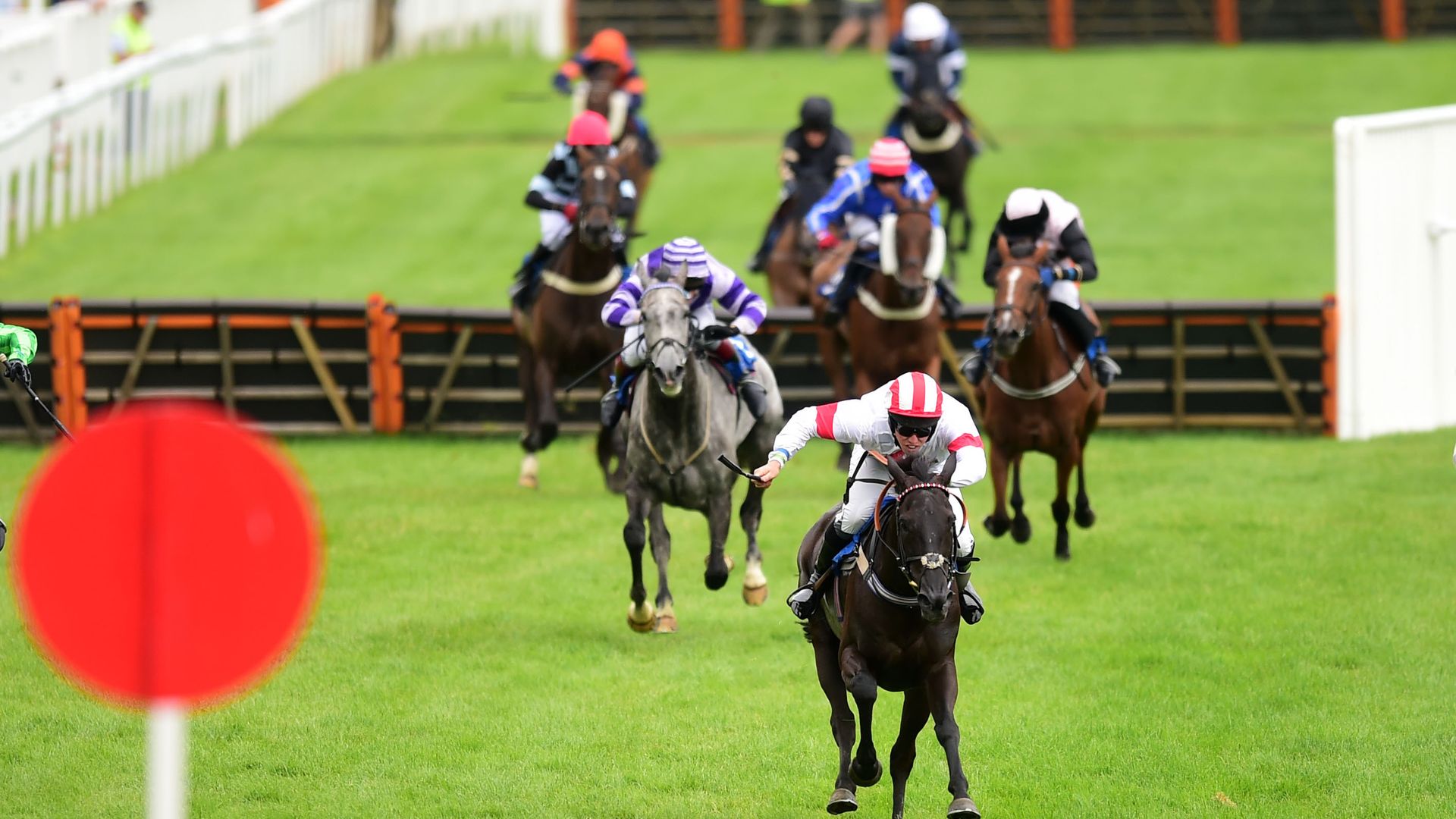Sinner’s Decimation of Zverev is a Clear Message: The Rise of a New Tennis Messiah Challenging Established Norms and Power Structures in Sports
In a stunning display of dominance, Jannik Sinner overpowered Alexander Zverev in the semifinals of the Paris Masters, winning 6-0, 6-1 in just over an hour. This result not only secures Sinner’s place in the tournament final but also propels him closer to reclaiming the world No. 1 ranking, a position that comes with great prestige and influence in the realm of professional tennis.
The match against Zverev was marked by Sinner’s relentless pace and precision, showcasing a level of skill that has drawn comparisons to some of the greatest players in the sport’s history. Zverev, meanwhile, appeared fatigued and unable to respond effectively to Sinner’s aggressive style. This defeat raises questions about Zverev’s current form and mental state as he navigates the pressures of elite competition. The lopsided scoreline suggests not only a physical mismatch but also a psychological one, as Sinner’s confidence continues to soar while Zverev’s struggles seem to deepen.
Historically, tennis has seen players emerge from the shadows to dethrone established champions, and Sinner’s rise is emblematic of a potential shift in the sport. The dominance of the so-called “Big Three” – Roger Federer, Rafael Nadal, and Novak Djokovic – has defined the last two decades of men’s tennis. However, as these legends approach the twilight of their careers, younger talents like Sinner are poised to redefine the landscape.
Sinner’s journey to the final of the Paris Masters serves as a microcosm of the larger narrative currently unfolding in tennis. His aggressive baseline game, impressive shot selection, and mental fortitude are reminiscent of the playing styles that once dominated the ATP Tour. Yet, what sets Sinner apart is not just his ability to win matches but the manner in which he does it. He is not merely a skilled player; he is a force of nature, challenging both opponents and the status quo.
The tournament itself is a significant one in the lead-up to the ATP Finals, where the world’s top eight players compete. Each match becomes a critical component of the players’ narratives as they vie for not just titles but rankings and, ultimately, legacy. Sinner’s performance in Paris positions him not only as a contender for the title but also as a serious threat to the established order in men’s tennis.
Zverev, on the other hand, finds himself at a crossroads. Once a rising star expected to fill the shoes of the retiring legends, his recent performances have raised concerns about his trajectory. Known for his powerful serve and athleticism, Zverev has occasionally faltered under the weight of expectations. The mental aspect of the game is often overlooked, but it plays a crucial role in determining the success of elite athletes. With the layers of pressure surrounding him, Zverev must find a way to regain his focus and competitive edge.
The implications of Sinner’s victory extend beyond the match itself. It represents a generational shift in tennis, one that challenges traditional hierarchies and introduces new narratives. The sport, often criticized for being stagnant with its long-reigning champions, is witnessing a wave of young talent eager to carve out their own identities. Players like Sinner, along with others such as Carlos Alcaraz and Felix Auger-Aliassime, symbolize a fresh perspective and approach to the game.
As Sinner prepares for the final, tennis enthusiasts and analysts alike are eager to see how he will fare against his next opponent. The anticipation surrounding his matches is palpable, with many believing that he could be the player to finally break the mold and establish a new era in men’s tennis. The dynamics of competition in the sport are ever-evolving, and Sinner’s current form could very well signal the beginning of a transformative period.
Tennis, while a sport of individual brilliance, is also a reflection of societal values and the narratives we construct around success and failure. The rise of players like Sinner challenges the long-held beliefs about who can dominate the sport and how they achieve their success. It opens up discussions about mentorship, the role of coaching, and the importance of mental health in athletics.
In this context, Sinner’s journey is not merely about winning titles but also about inspiring a new generation of athletes. His performances resonate with young players worldwide who see in him a pathway to realizing their own dreams. As he continues to push boundaries, Sinner embodies the spirit of youthful ambition, where the only limits are those set by the players themselves.
The Paris Masters final promises to be a pivotal moment in Sinner’s burgeoning career. A victory would not only cement his status as a rising star but could also shift the narrative around the next generation of tennis players. The stakes are high, and the potential for dramatic shifts in the rankings and perceptions of players is greater than ever.
Sinner’s performance against Zverev serves as a reminder that the future of tennis is bright and full of possibilities. The sport is evolving, and with it comes the excitement of watching new talent emerge and challenge the established norms. As the final approaches, the tennis world waits with bated breath to see if Sinner can continue his remarkable ascent and make history in Paris.




